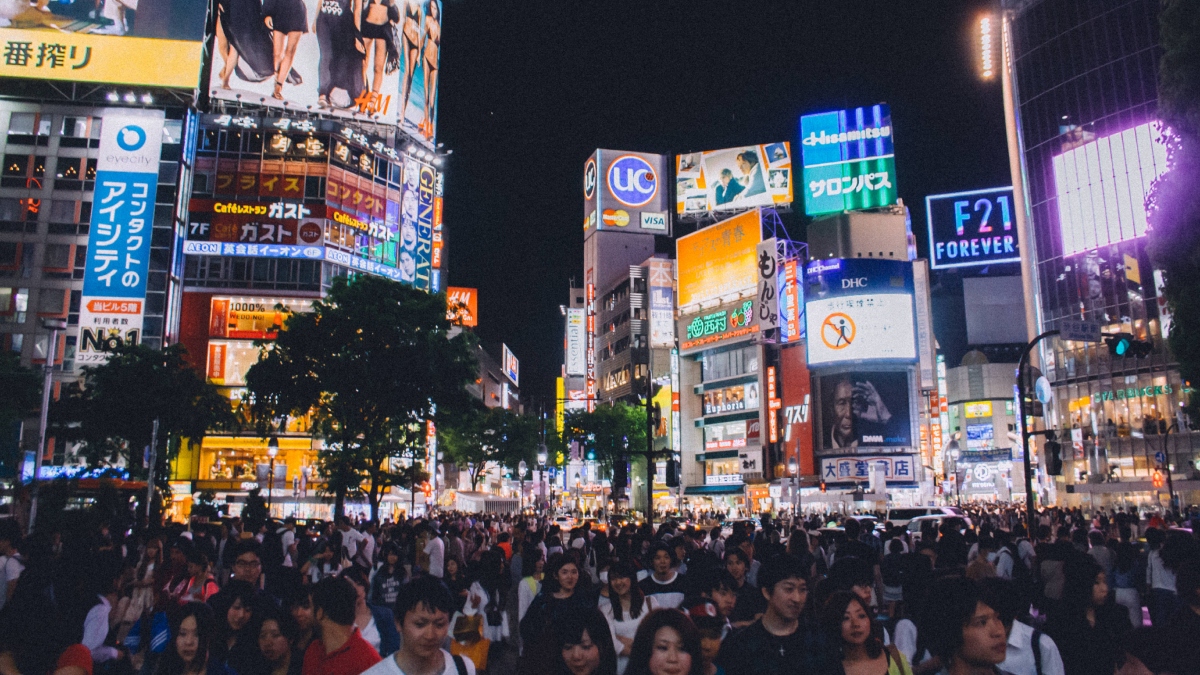Japan has decided to elevate its minimum hourly wage to an average of 1,004 yen ($6.91), surpassing a proposal from a government panel, in response to inflation weakening consumer purchasing power.
On Friday, the labor ministry revealed plans for Japanese prefectures to uplift the lowest wages by an average of 43 yen an hour for the current fiscal year. This adjustment, set to be implemented in October, marks the most significant rise since wage increase records started in 1978.
While the government’s advisory panel had suggested an increase of 41 yen, settling at 1,002 yen for this fiscal year, some regions have taken further measures. Tokyo, boasting the country’s highest minimum wage, is set to increase its base wage by 41 yen, reaching 1,113 yen. In contrast, the neighboring Kanagawa prefecture will adjust its lowest wage level to 1,112 yen, a 41 yen increment. Okinawa, holding the nation’s lowest minimum wage, plans a 43 yen raise, amounting to 896 yen.
Inflation remains a growing concern for the Japanese economy. Even though overall cash earnings for workers witnessed a 2.3% growth compared to the previous year in June, they saw a 1.6% drop when considering inflation adjustments.
Japan’s GDP data from the past quarter showcased an impressive annualized growth rate of 6%, primarily due to robust external demand. However, there were indications of faltering business and private expenditure, highlighting the challenges posed by inflation.






